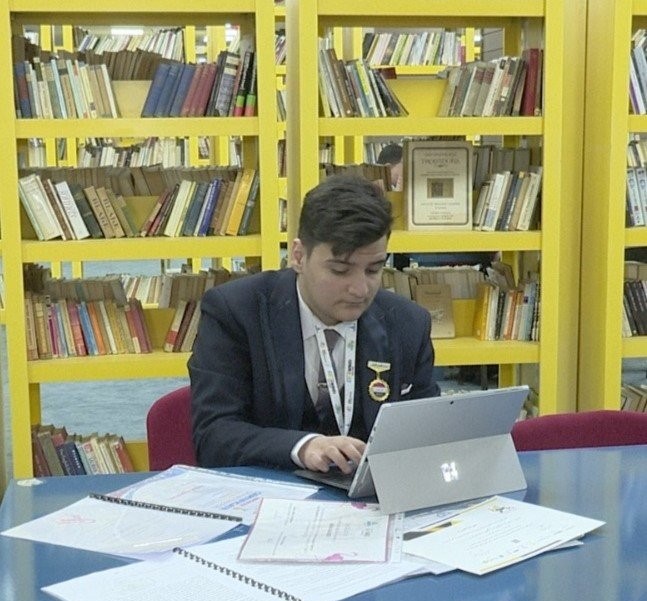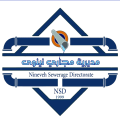Student Baraa Fahmi Ahmed Al-Qazzaz, one of the distinguished school students in Nineveh Governorate, won third place worldwide for his invention of a device for early cancer detection in record time .
The student said, Baraa “I started to be interested and learn about artificial intelligence when I was nine years old, as this field is important and has entered all aspects of life. I have won many local and international awards, the most important of which is the bronze medal (third place) at the World Robot Olympiad held in Izmir, Turkey. I also won second place in Iraq in the National Artificial Intelligence (Robot) Competition.”
He added, “My invention was an advanced hybrid model for early detection of breast cancer, using machine learning and deep learning algorithms, with an accuracy rate of 99.5% and classification time, in a record time of 5 seconds .”
The student, Baraa, appealed to “the government, the Council of Ministers, and the Ministry of Health to adopt and support the project, as it is fast and reliable, and can bring about a major change,” demanding “the Ministry of Planning to register a patent with them.” He also thanked “his trainer, Ahmed Abdul-Azim Al-Azzawi, his teacher, Saja Al-Dhalimi, and also his family for their continuous support.”
For his part, the Administrative Assistant of the College of Medicine at the University of Mosul, Karam Turath Tawfiq, said: “We at the College of Medicine support such youth projects, such as the student Baraa’s project at the School of Excellence in Nineveh,” calling on “students and professors to conduct such research that helps in early diagnosis of diseases,” noting that the best way to treat is prevention (prevention is better than cure) and we, as the Dean of the College of Medicine, believe that the use of artificial intelligence will have a major role in the near future, which will change the equations in the diagnosis process, and will also improve quality according to our expectations,” explaining that “early medical diagnosis will reduce medical errors.”






